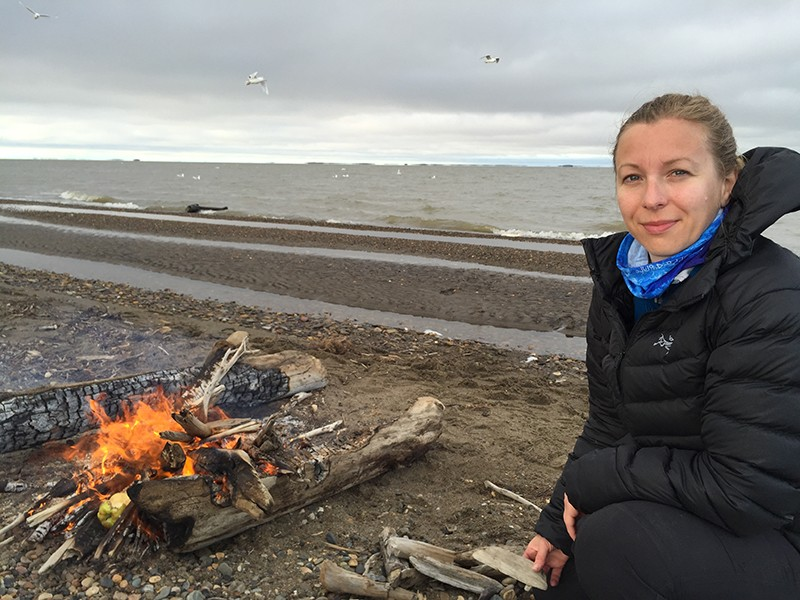For better science, increase Indigenous participation in publishing

Lisa Loseto is a research scientist at Fisheries and Oceans Canada, a federal government department whose regional offices include one in Winnipeg, where she is based. Some of Northern Canada’s Indigenous people have shaped her research into how beluga whales ( Delphinapterus leucas ) interact with their environments, and have taught her to rethink her own part in the scientific method. As co-editor-in-chief of the journal Arctic Science since 2017, she is looking at ways to increase Indigenous representation in scientific publishing, including the editorial and peer-review processes.





